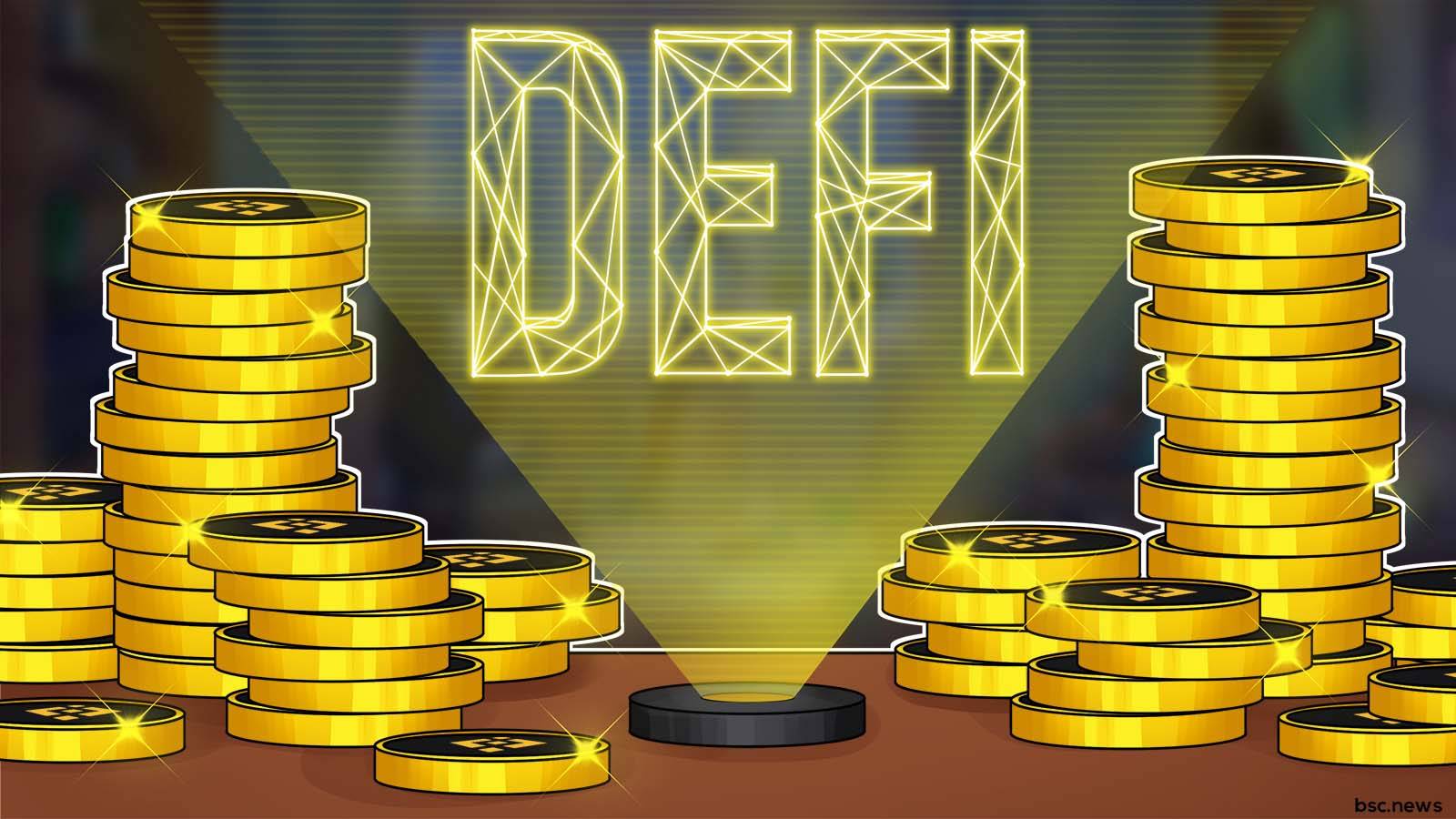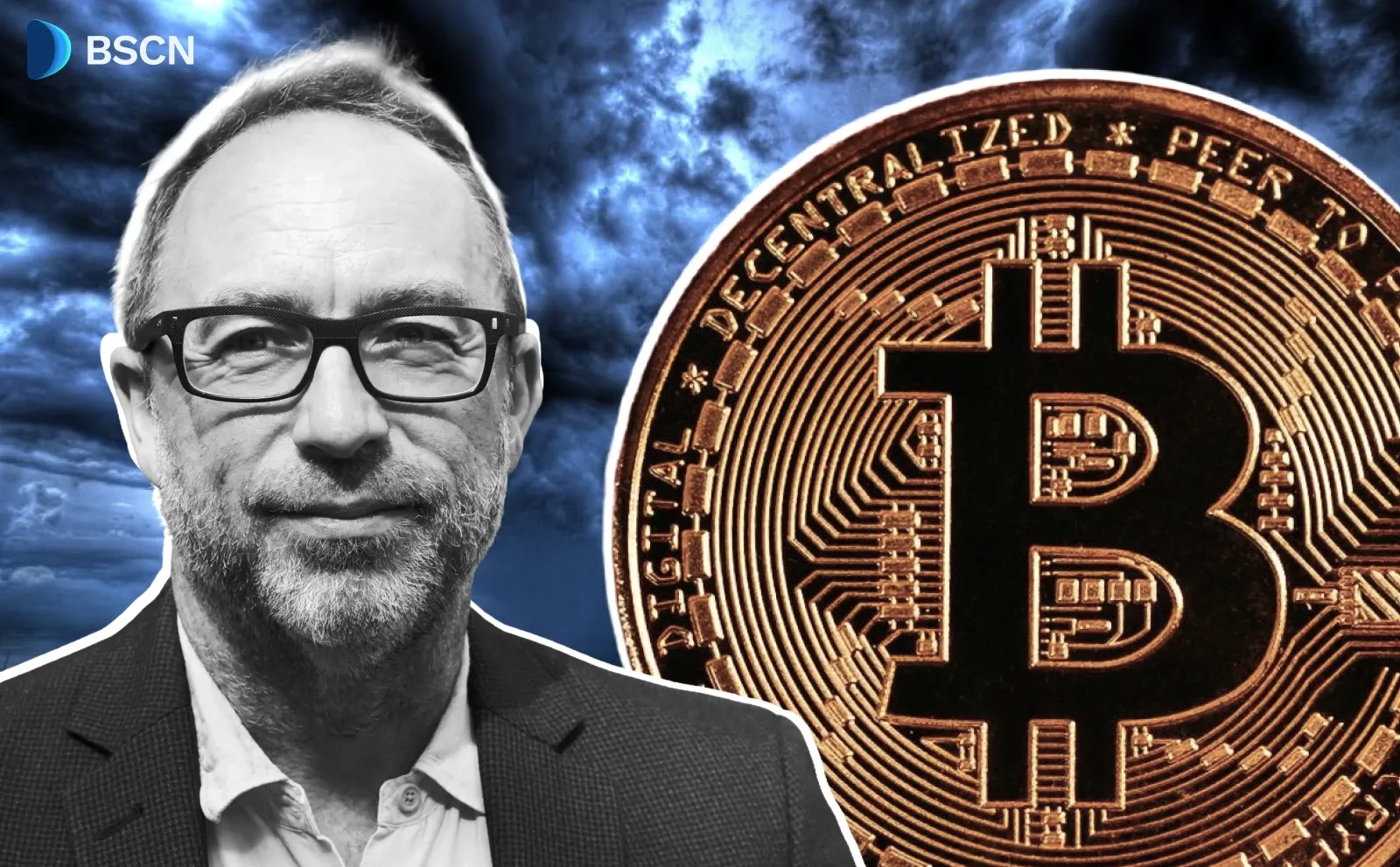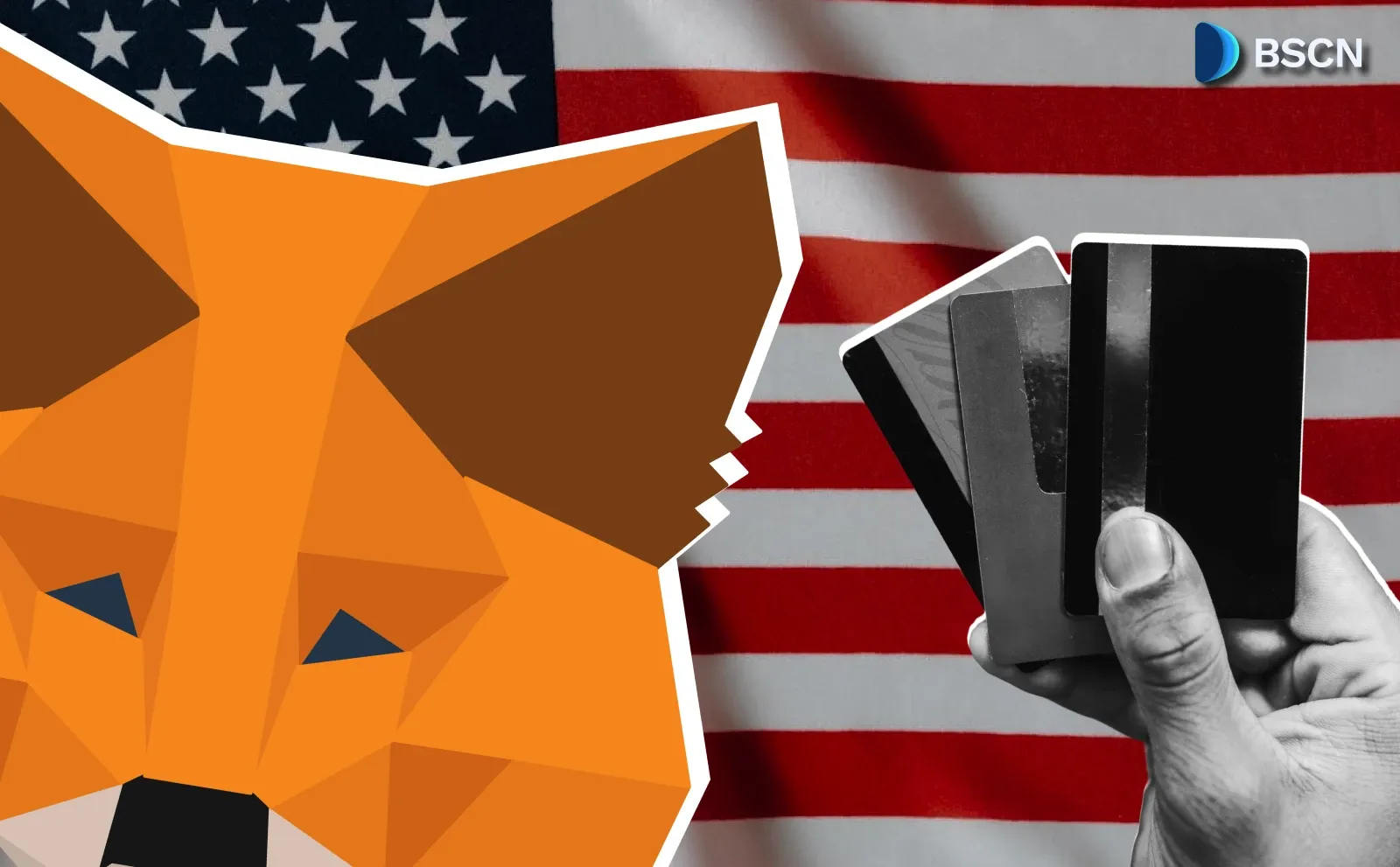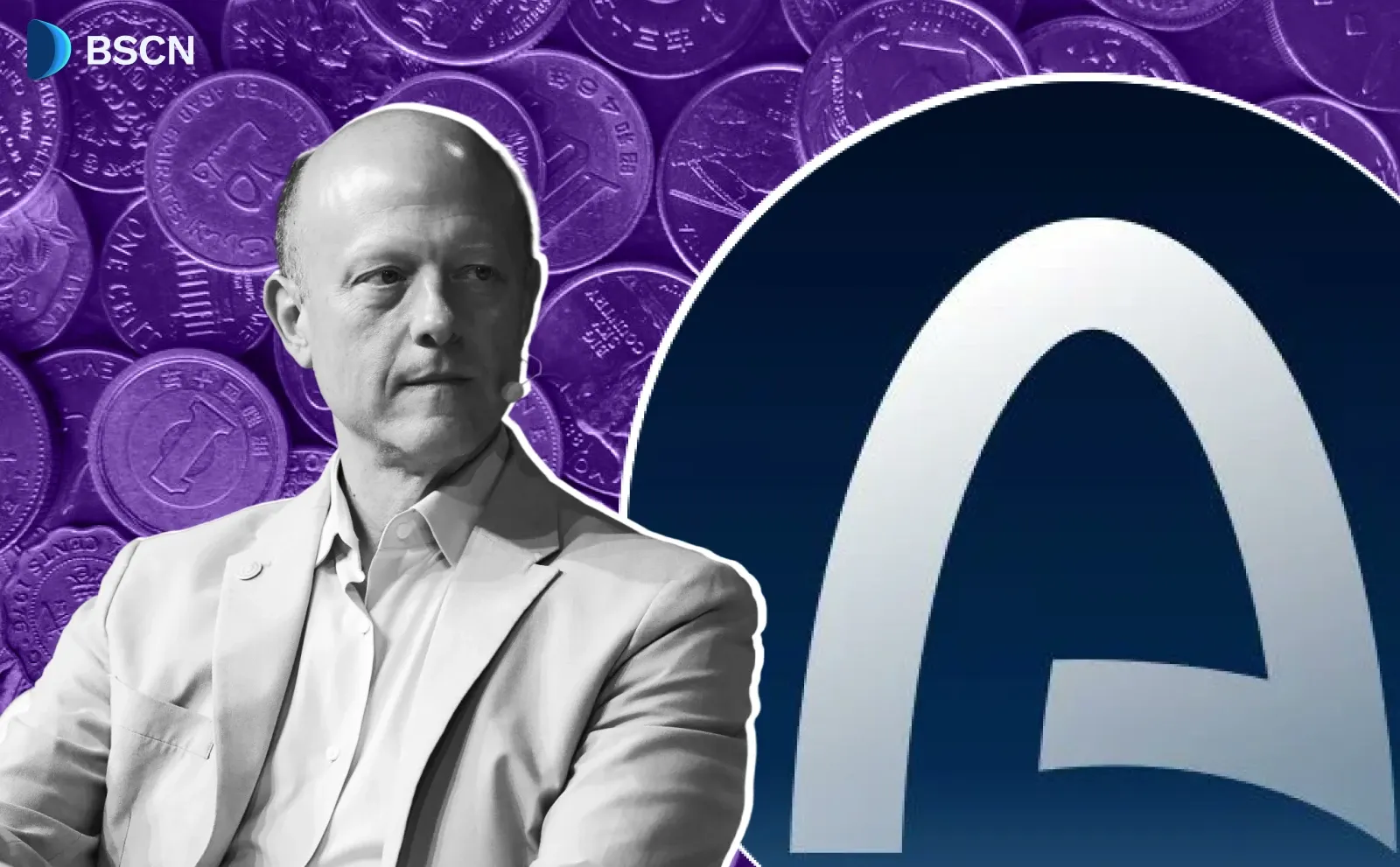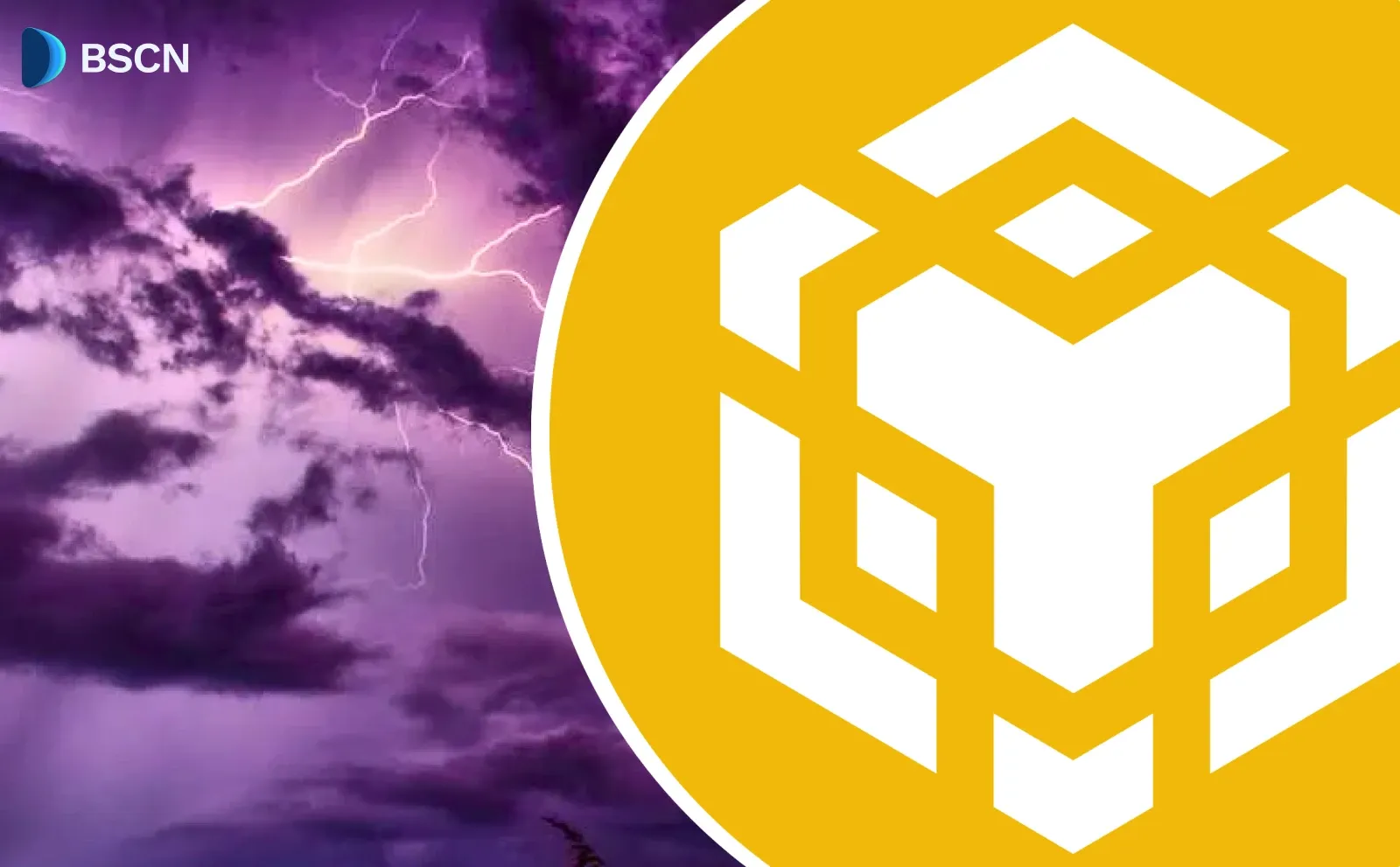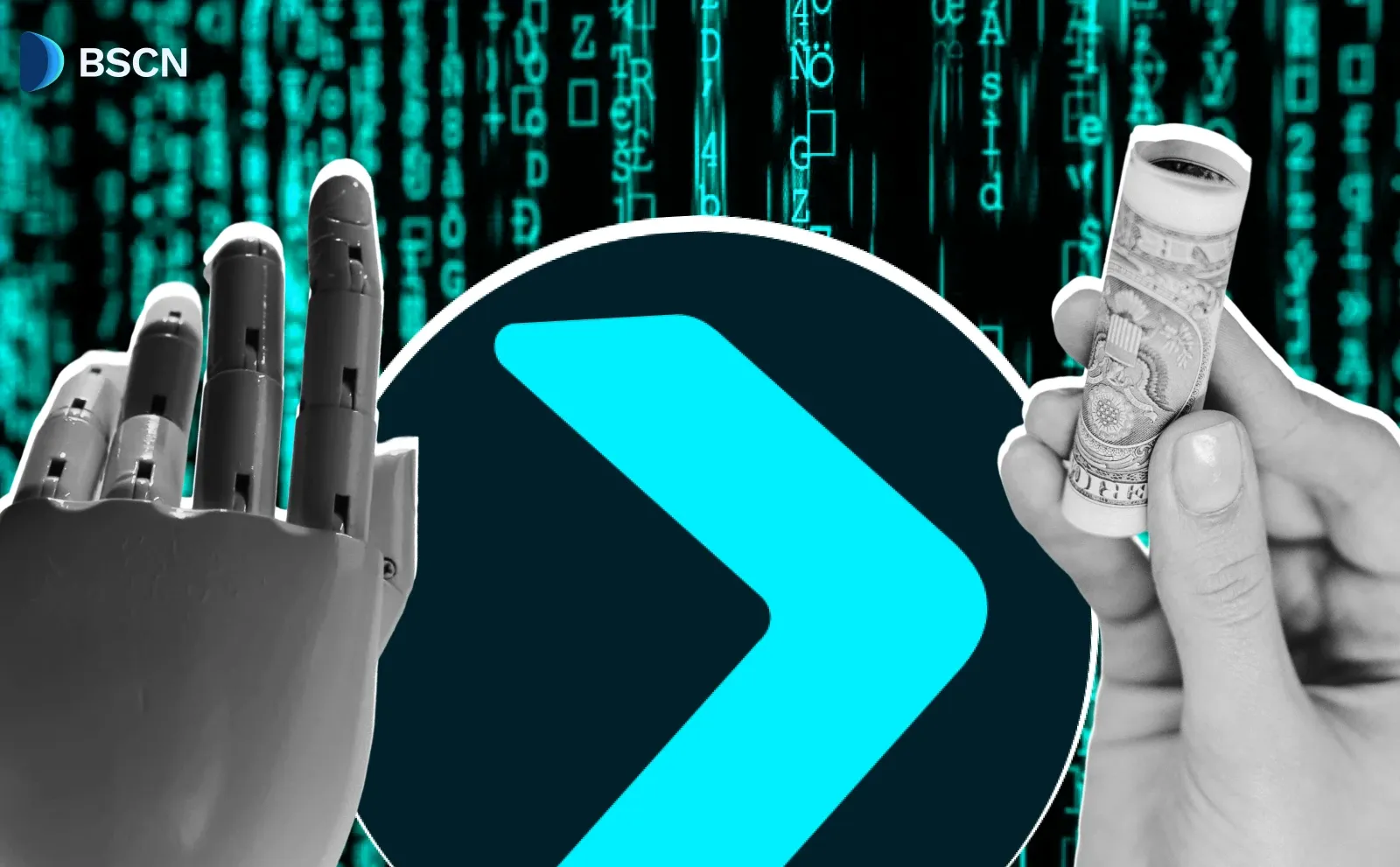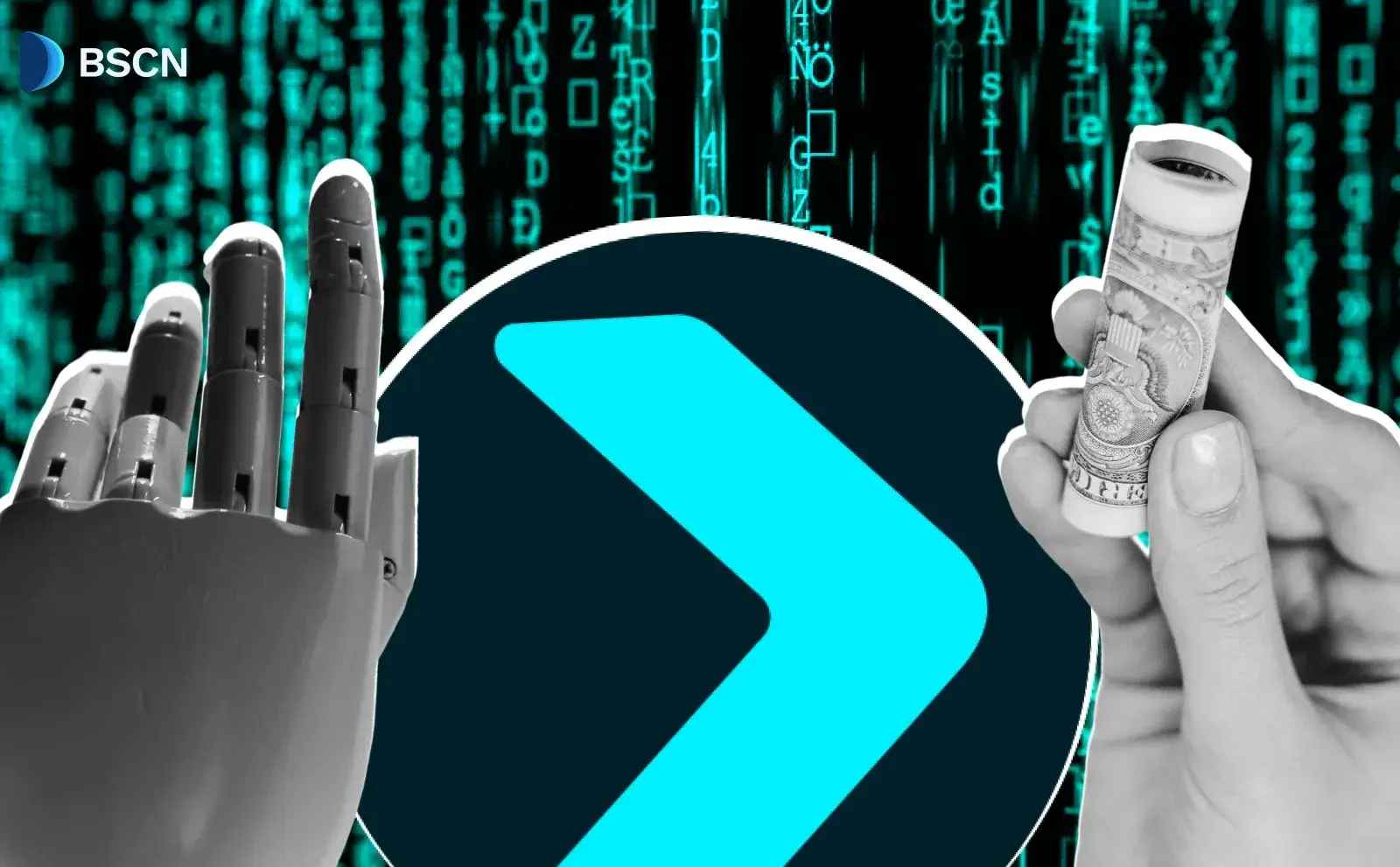What Is Tether (USDT)

Tether (USDT) maintains the worlds’ biggest stable coin reserve, maintaining its position of being the third most valuable coin with over $66 Billion in market capitalization.
BSCN
February 3, 2021
Table of Contents
Tether Explained
Tether (USDT) maintains the worlds’ biggest stablecoin reserve, maintaining its position of being the third most valuable coin according to CoinMarketCap (CMC), with over $66 Billion in market capitalization, at time of writing. Tether remains the largest stable coin despite its many controversies, which revolve around the collateral used to back USDT. Overall, Tether is number one in its class, standing out from all other stable coins; the next competing stablecoin, Circle and Coinbases’ USDC lags in 10th place according to CMC.
What is Tether

Tether is the most widely adopted coin in circulation. USDT was the first-ever stablecoin introduced to the market. It is designed to peg its issued coin 1-to-1 with the Dollar. Tether was one of the first stablecoins issued in several blockchains, available on the Tron, ETH, Omni, EOS, Algorand, Solana, and the Binance Smart Chain (BSC) networks. It has received mass adoption as the reserve currency for most traders as it doesn’t fluctuate like typical crypto coins.
Tether enforces its peg through collateralizing every Tether minted; for every issued USDT, there is a reserve in the bank backing it. It was first released in 2014 under its first name, “Realcoin” by Bitcoin investor Brock Pierce, entrepreneur Reeve Collins, and software developer Craig Sellers. Since then, it has developed into the project we know today.
The Mechanics of Tether

For many traders, stablecoins like USDT serve as a hedge during market corrections. It serves as a lifeboat type that allows investors to rotate into a Fiat pegged coin without cashing out into real-world Fiat. This strategy has proven useful, especially since Fiat still dominates other currency types like crypto in most countries’ economies. The stablecoin utility is still very much tied to its stability as opposed to traditional crypto assets. Overall, Tether allows users to exchange in stablecoins seamlessly, with no worries about fiat-crypto onramps.
In the original Tether Whitepaper abstract, the developers explained the coin’s accountability measure: “To maintain accountability and to ensure stability in exchange price, we propose a method to maintain a 1-to-1 reserve ratio between a cryptocurrency token, called tethers, and its associated realworld asset, fiat currency. This method uses the Bitcoin blockchain, Proof of Reserves, and other audit methods to prove that issued tokens are fully backed and reserved at all times.”
Although the first blockchain used was the Bitcoin Omni blockchain, Tether has been deployed on other chains, with Ethereum becoming its most extensive network and largest by volume. The growth can be attributed to the Decentralized Finance (DeFi) boom experienced on the ETH network. Originally, USDT was pegged 1:1 to USD but later included collateral as other real-world cash equivalents, assets, and receivable loans.
Tethers' Significance

Before its launch in July 2014 and its first use on cryptocurrency exchange Bitfinex in February of 2015, traders did not have a means or a hedge to protect their crypto assets against the volatility experienced in traditional crypto assets. The introduction of stablecoins increased the adoption of cryptocurrencies as traders now have the confidence of hedging and realizing profits to a pegged stablecoin. By providing stability, traders can hold an asset equivalent to a real-world fiat currency, allowing seamless crypto trading.
Why Should I Use Tether?
Tether’s most prominent use cases are its reserve tendencies, cross-chain interoperability, with a growing list of different blockchain types accepting and integrating the stablecoins. In the case of a sharp fall of the market, Tether and other stablecoins act as a safety net guiding against loss.
Weakness of Tether
Tether’s weakness remains its ability to constantly find itself in various controversies with each new phase of crypto market growth, one that continually creates doubt in users' minds about its alleged pegged real-world fiat holdings.
For example, in 2018, $100 million USDT was stolen from Bitfinex, the parent company and exchange of the stablecoin and the largest holder of the coin, and was sent to an unidentified address.
In April 2019, New York Attorney General Letitia James accused the company of hiding an $850 million loss of a co-mingled client and corporate funds from investors. Court filings would later find out that these funds were given to a Panamanian entity called Crypto Capital Corp. without a formal contract or agreement to handle withdrawal requests. Bitfinex allegedly took a minimum of $700 million from Tether’s treasury reserves to cover the loss once the money went missing.

And in 2021, the rumors and speculations about its legitimacy and reserve aren’t going away. The community is afraid of a bubble getting burst for the most significant stablecoin in today’s market. Tether has seen its market share diminished by USDC as many investors see USDT as increasingly a lynchpin in a potential market crash scenario. Without full regulation or transparency of the coin’s backing, investors have slowly become antagonistic to the once all-powerful stablecoin.
Closing Thoughts on Tether
Tether as a stablecoin in the market still retains its relevance despite the many controversies and concerns over legitimacy. However, the team still needs to raise the confidence level of traders and investors, who often, over time, have called for more transparency and external audits of the firm.
Overall, Tether plays an integral role in the cryptocurrency space, receiving mass adoption for nearly all crypto users. The increasingly large amount of decentralized application is only perpetuating USDT’s use case as we see an influx of tether being minted daily. As the bull market continues, we can expect to see the trend of more users onboarding using this stablecoin, among others.
Don’t forget to download the BSC News mobile application on iOS and Android to keep up with all the latest news for Binance Smart Chain and crypto! Check out the DeFi Direct Linktree for all the access links!
For those looking for tools and strategies regarding safety and crypto education, be sure to check out the Tutorials, Cryptonomics Explainers, and Trading Tool Kits from BSC News.
Read Next...
Disclaimer
Disclaimer: The views expressed in this article do not necessarily represent the views of BSCN. The information provided in this article is for educational and entertainment purposes only and should not be construed as investment advice, or advice of any kind. BSCN assumes no responsibility for any investment decisions made based on the information provided in this article. If you believe that the article should be amended, please reach out to the BSCN team by emailing [email protected].
Author
 BSCN
BSCNBSCN's dedicated writing team brings over 41 years of combined experience in cryptocurrency research and analysis. Our writers hold diverse academic qualifications spanning Physics, Mathematics, and Philosophy from leading institutions including Oxford and Cambridge. While united by their passion for cryptocurrency and blockchain technology, the team's professional backgrounds are equally diverse, including former venture capital investors, startup founders, and active traders.
Crypto Project & Token Reviews
Project & Token Reviews
Comprehensive reviews of crypto's most interesting projects and assets
Learn about the hottest projects & tokens






